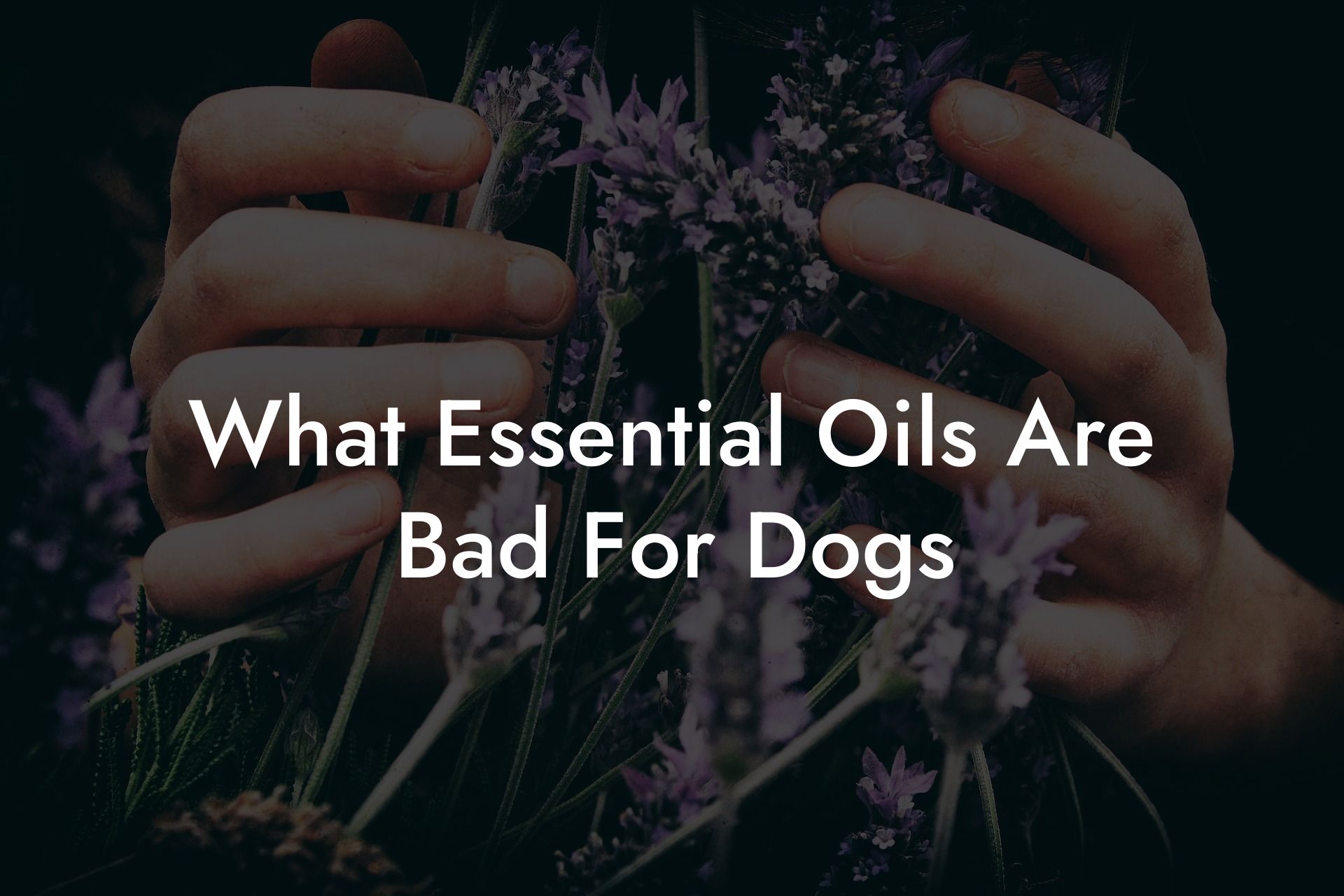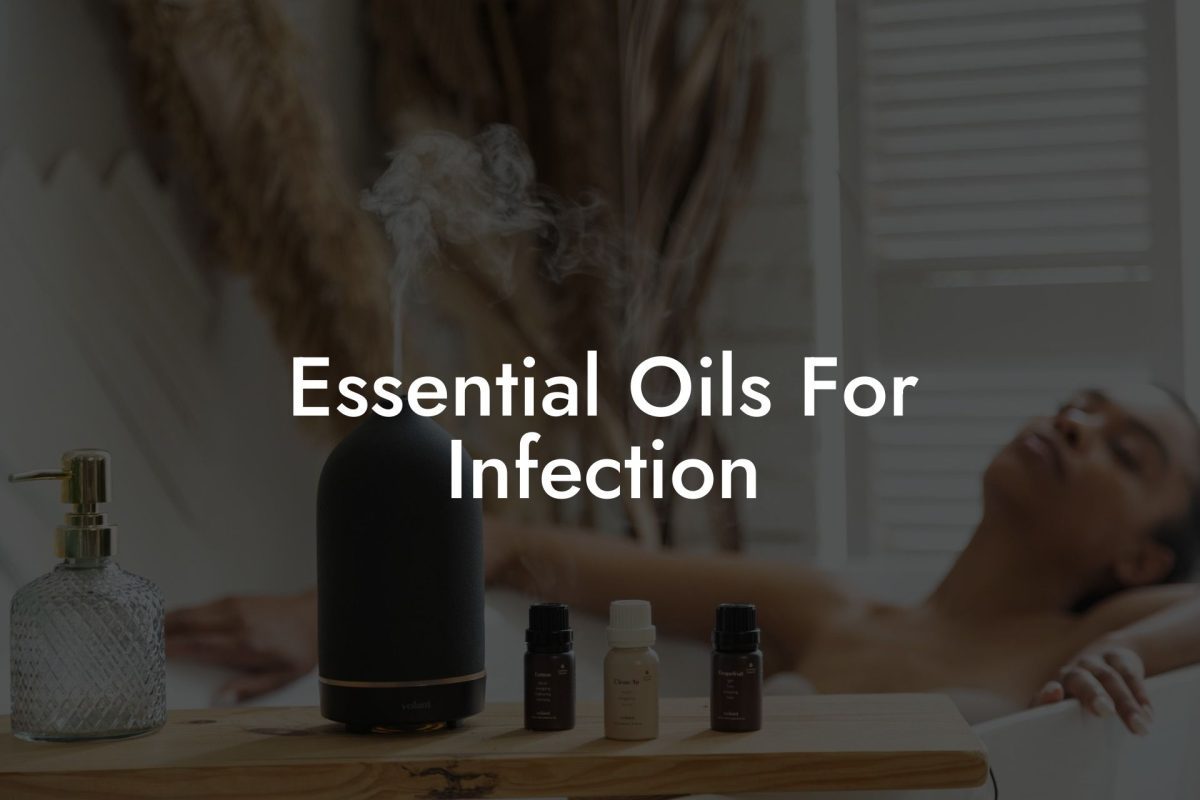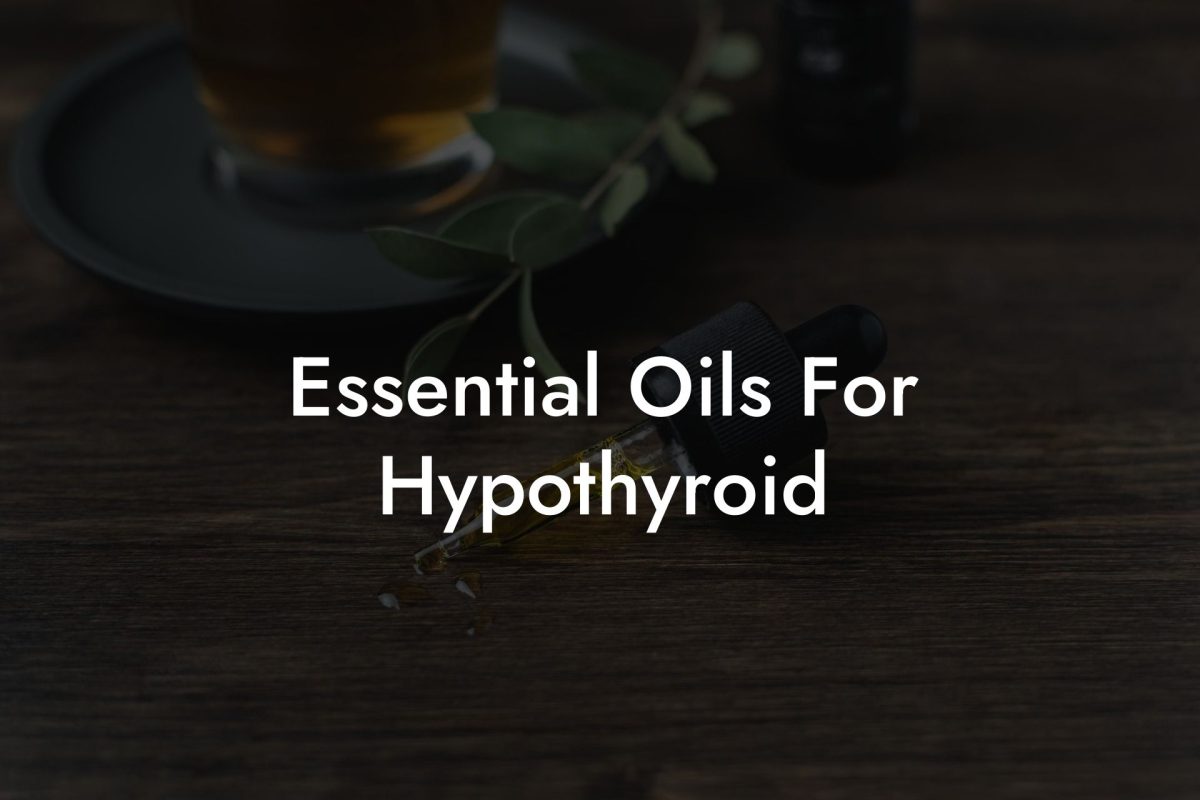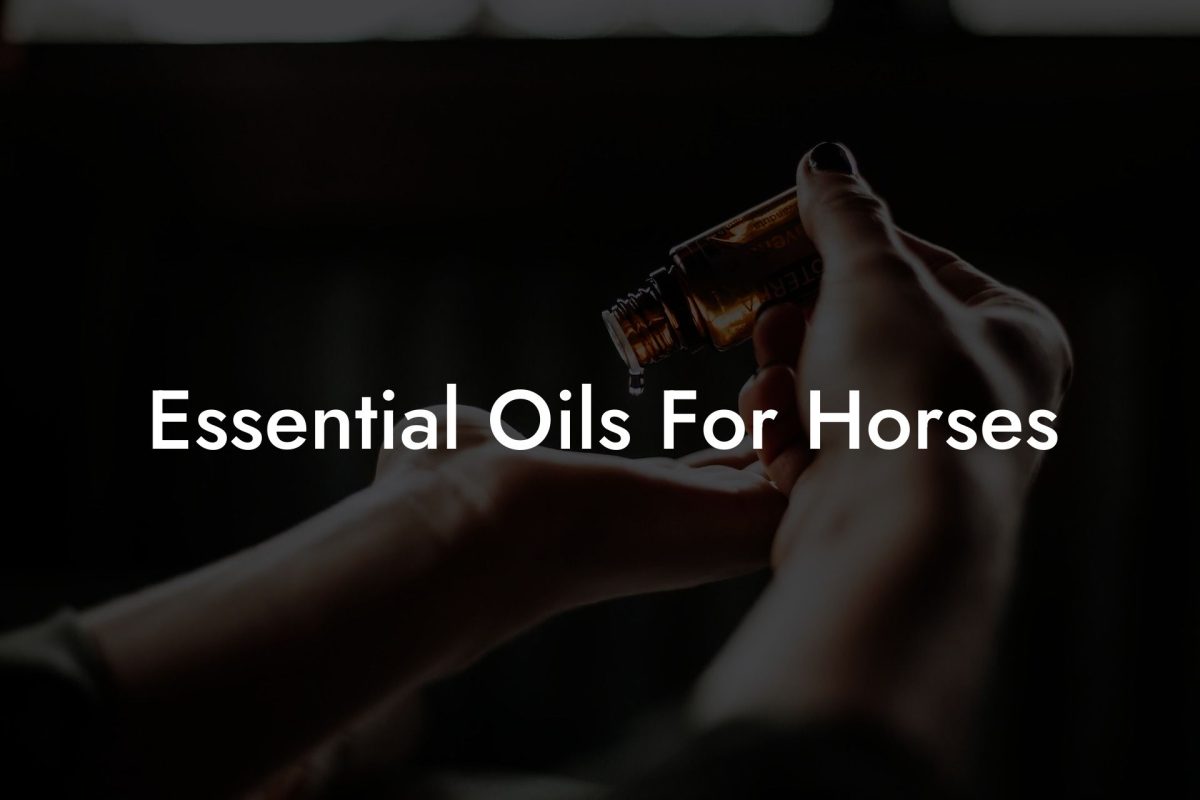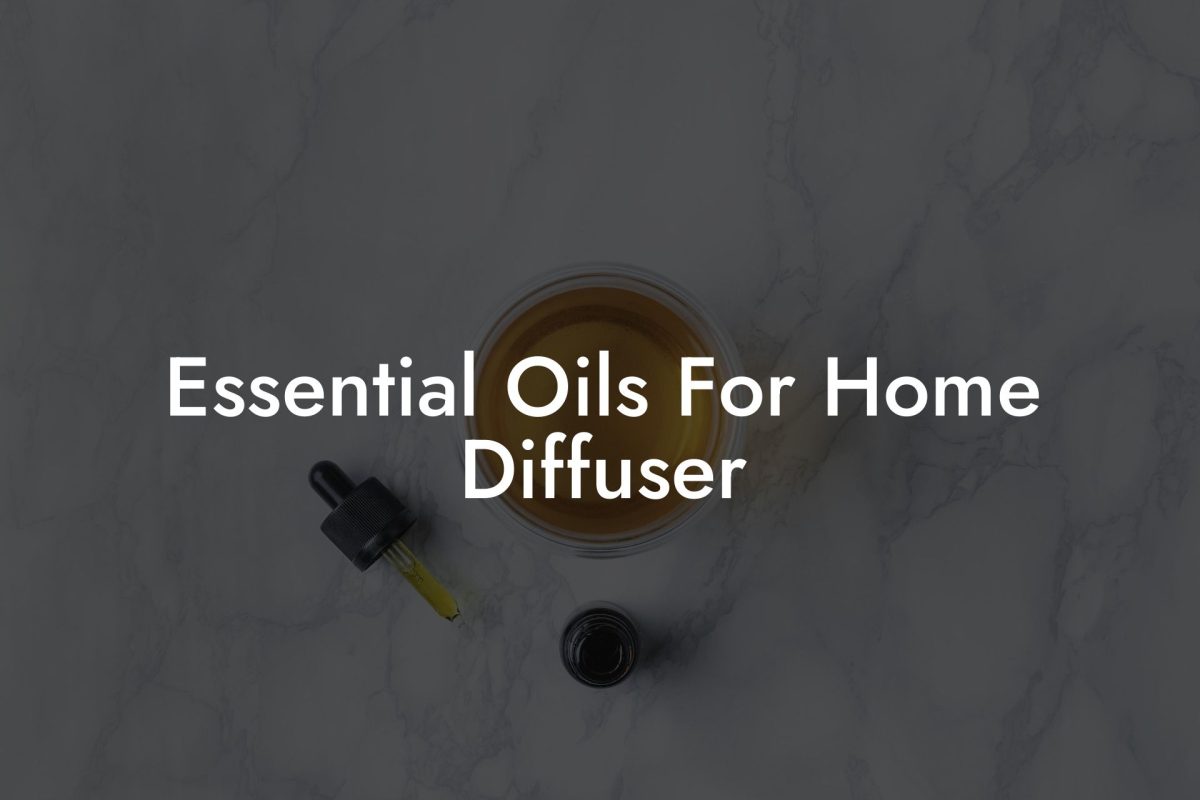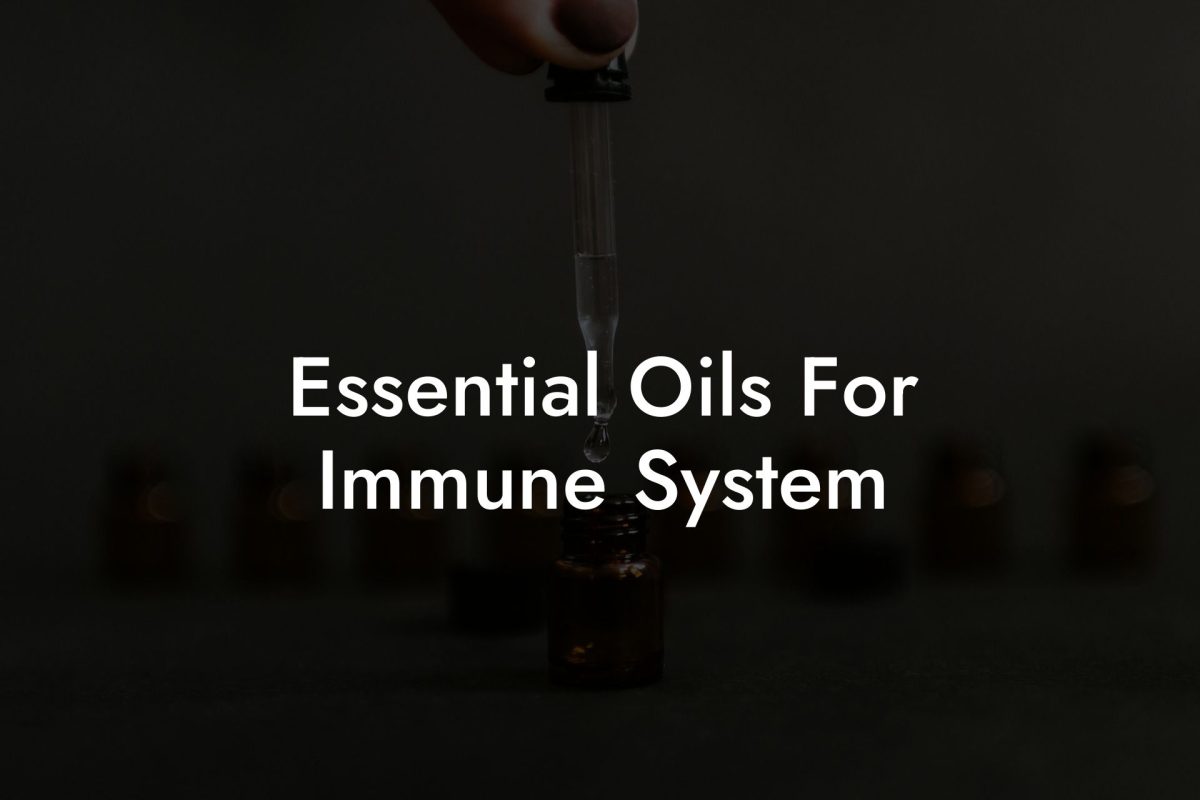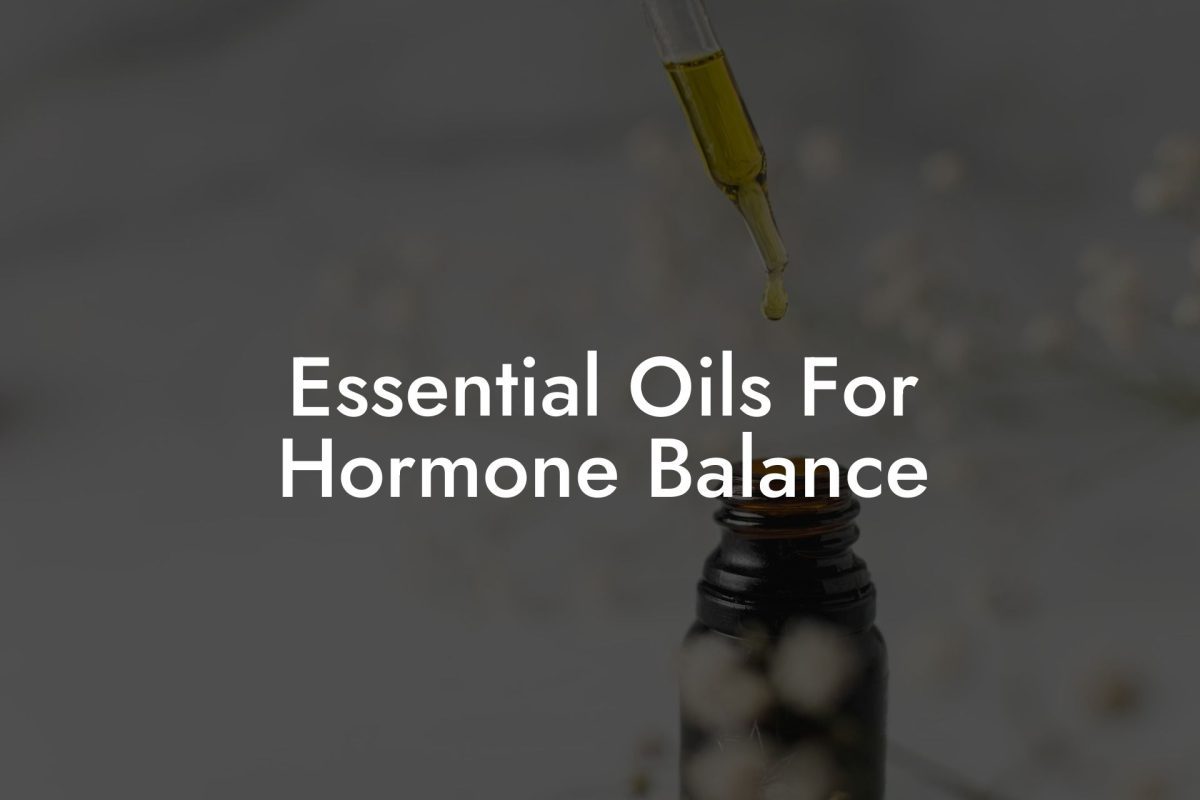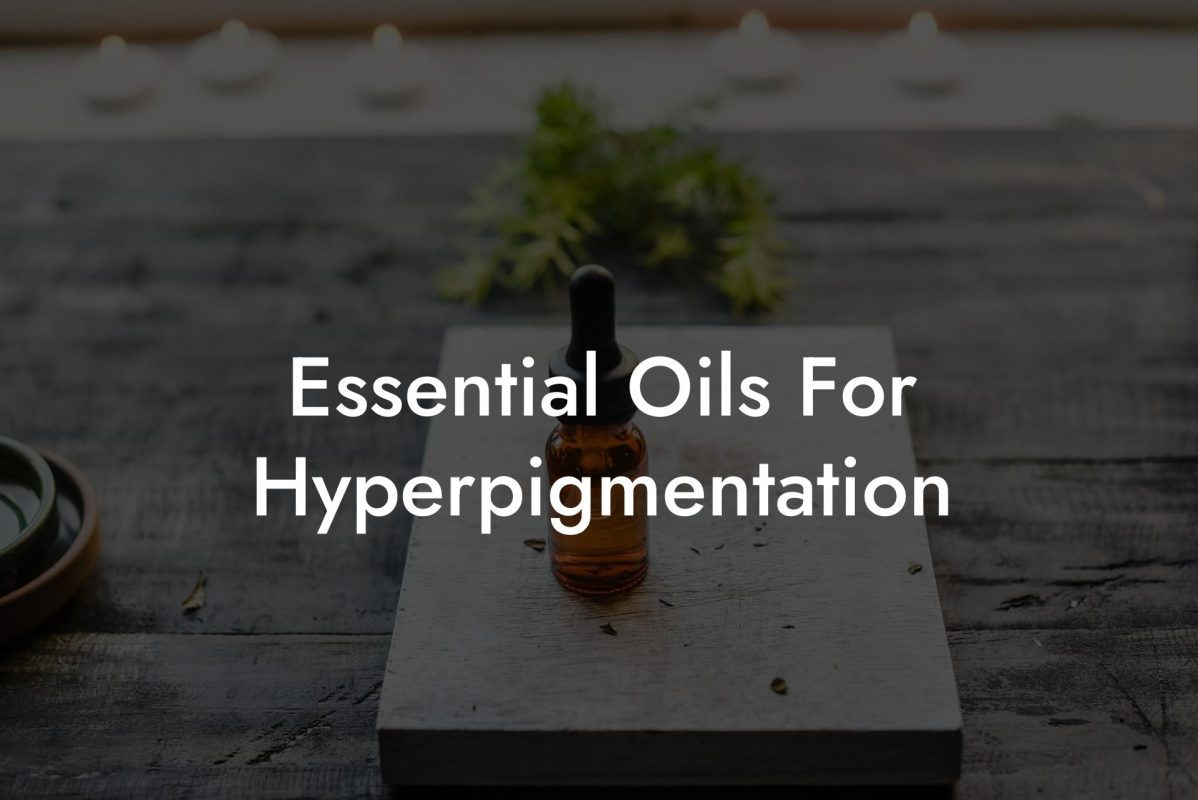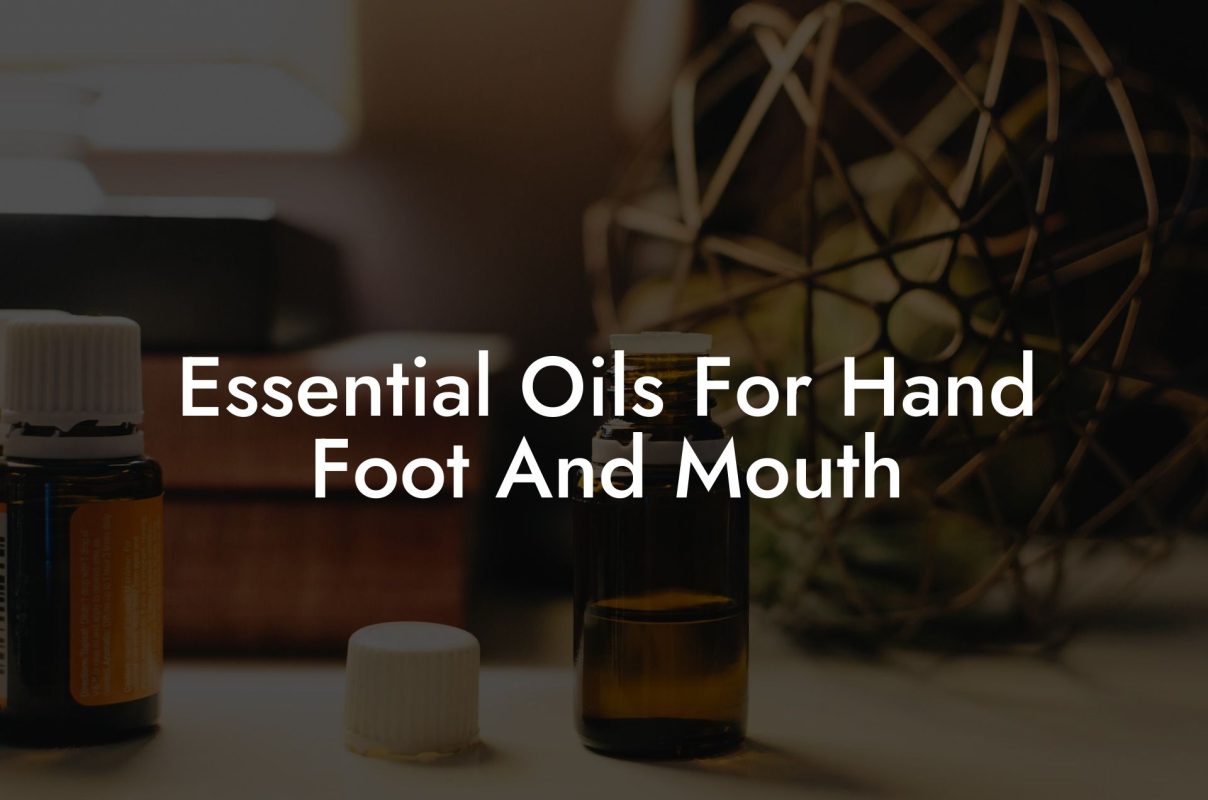As a responsible dog parent, you may have heard about the benefits of essential oils for humans and have considered using them in your home to improve your own health and well-being. However, it’s important to be cautious when making changes to your environment and home care routine, as even natural, healthy substances can pose risks to our furry friends. In this article, we’ll explore the essential oils that could be harmful to your dog, as well as how to safely use these products around your four-legged companion.
Table of Contents
Why Some Essential Oils are Harmful to Dogs
Metabolizing differences
Dogs and humans metabolize certain compounds differently, and what may be safe for humans can have adverse effects on a dog’s health. Canines have a more sensitive sense of smell, and the concentrated scents of essential oils can often be overwhelming to them. Additionally, their liver enzymes may not be able to effectively metabolize certain natural compounds found in essential oils, which can lead to toxicity.
Skin and mucous membrane irritation
Essential oils can also irritate a dog’s skin, causing redness, itching, or even burns if not properly diluted. Furthermore, the strong scents of some oils can irritate the delicate mucous membranes in their eyes and nose, leading to inflammation and discomfort.
Dangerous Essential Oils for Dogs
While there may be some oils that are safe for dogs if used in extreme moderation, there are some essential oils that you should avoid altogether. Here’s a list of some of the most harmful essential oils for dogs:
- Tea Tree (Melaleuca)
- Peppermint
- Eucalyptus
- Thyme
- Pennyroyal
- Juniper
- Pine
- Cinnamon
- Clove
- Oregano
These oils can cause a range of symptoms such as vomiting, diarrhea, seizures, tremors, or difficulty breathing. In some cases, exposure can be fatal if not treated immediately.
How to Safely Use Essential Oils Around Your Dog
If you still want to harness the benefits of essential oils without harming your pet, follow these guidelines:
- Choose oils that are safe for dogs, such as lavender, chamomile, and frankincense. Be sure to research each oil carefully and ask your veterinarian for guidance.
- Never apply pure essential oils directly to your dog’s skin, as this can cause burns or other irritation. Always dilute appropriately with a carrier oil if recommended.
- Use a diffuser sparingly and ensure that your dog has access to a separate room where they can retreat if the scent becomes overwhelming.
- Store your essential oils and diffusers out of reach of your dog to prevent accidental ingestion or contact with sensitive areas.
What Essential Oils Are Bad For Dogs Example:
Imagine your dog, Max, enjoys spending time in your home office as you work. You recently purchased a diffuser and some essential oils, including lavender and eucalyptus, to help you relax and focus throughout the day. You decide to research which oils are safe for your doggo and discover that eucalyptus is potentially harmful to Max. Now when using essential oils, you only diffuse lavender safely out of Max’s reach and keep the door open, so he has access to other rooms in case the scent bothers him.
Remember, your dog’s safety and comfort should always be your top priority. By educating yourself about which essential oils can be harmful to dogs and following proper safety guidelines, you can ensure that your furry friend stays healthy and happy while you still enjoy the benefits of essential oils in your home. We hope this guide has been helpful in keeping your canine companion safe from potential harm. If you’re interested in learning more about essential oils and aromacology, be sure to explore our other articles on the Oshu Oils blog, and check out our curated range of artisan essential earth oils that cater to both humans and our furry friends.

